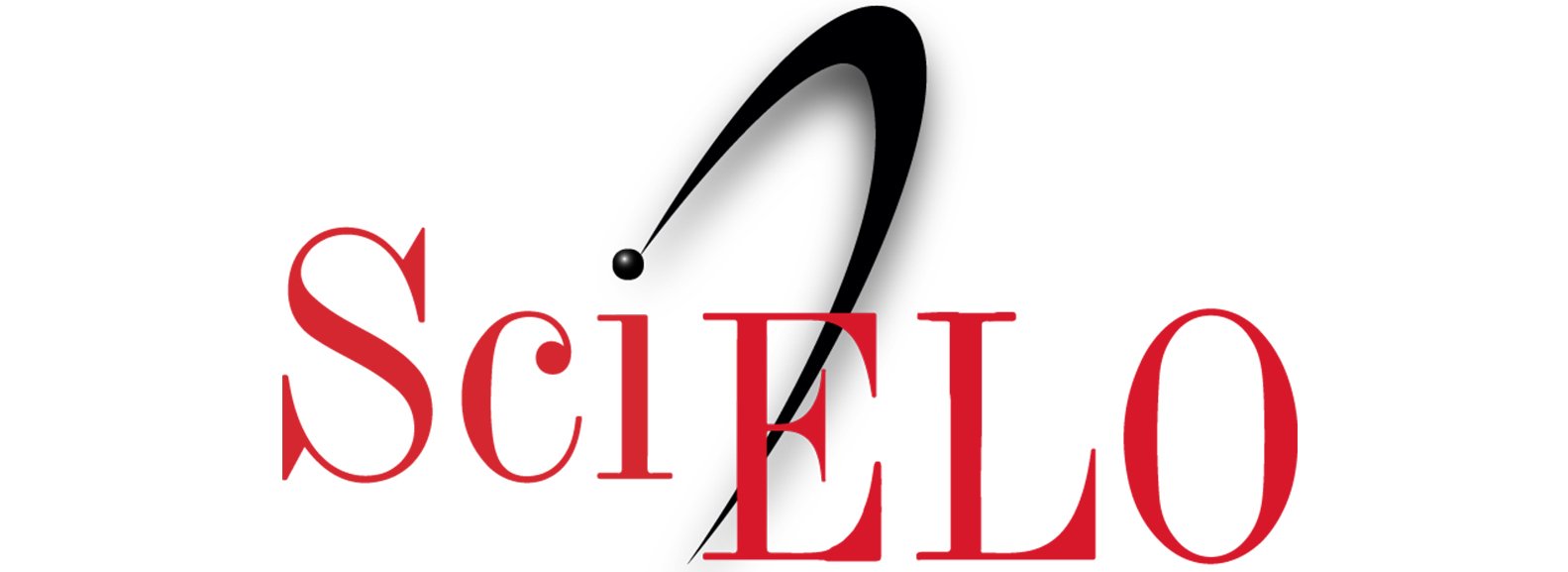LETTERS TO THE EDITOR
REVISTA DE LA FACULTAD DE MEDICINA HUMANA 2020 - Universidad Ricardo PalmaDOI 10.25176/RFMH.v20i3.3003
COVID-19: WAR PROTOCOL TO FIGHT THE PANDEMIC
COVID-19: PROTOCOLO DE GUERRA FRENTE A LA PANDEMIA.
Germán Rossani Alatrista 1,2,a,b
1Instituto de Investigación en Ciencias Biomédicas, Universidad Ricardo Palma, Lima-Perú.
2Facultad de Medicina de la Universidad Ricardo Palma, Lima-Perú.
a Plastic, aesthetic and reconstructive surgeon.
Dear Editor
During the medical training years, in one way or another, we have obtained knowledge and have prepared in the best possible way for emergencies and/or natural disasters. In the last 25 years, action protocols
have been executed and implemented in a successful manner before endemics, epidemics and pandemics, such as Influenza, Ebola and SARS (1).
What we have been observing in the last 3 months makes us reflect on the reactions before this global emergency and the ethical problems that have emerged due to COVID-19. We are moved and it sparks diverse reactions that to look beyond
the initial emotions and generosity (2).
These circumstances puts health professionals and workers to the test to do their best to save lives, treat harmful symptoms or lessen them, as well as provide measures of least possible suffering to those who have severe damage and
irreversible complications (3).
On this occasion we refer to COVID-19, which has surpassed all contingency plans as the report generated by the experts from Harvard Global Health Institute and London School of Hygiene & Tropical Medicine (4).
As has been observed in health institutes in Italy and Spain, where the warning actions to the population were delayed or ignored, causing the hospital overflow (emergency, hospitalization and intensive care units), causing a shortage of personal
protective equipment (PPE) for the medical personnel and insufficient mechanical ventilators (5).
Table 1. Contingency plan elaborated by Harvard Global Health Institute and London School of Hygiene & Tropical Medicine.
|
Subject areas |
Needs |
|
Prevent severe disease outbreaks. |
Support of international community to improve the installed capacities. |
|
Prompt response to severe disease outbreaks. |
World Health Organization (WHO) participation. |
|
Research areas. |
It is necessary to produce and share data, knowledge and technology. data, knowledge and technology. Multidisciplinary work and clear norms to ensure the access to research benefits. |
|
Organized global health system. |
For the prevention and response to these outbreaks . |
In these times when the main value is the utility, due to the extreme resource limitation (cost-utility), social benefit has prevailed over individual benefit, with the intention of maximizing the number of lives that can be saved(6). The efforts and attention have been centralized in patients with mild symptomatology, recoverable patients and in severe recoverable patients.
This current situation makes us see the extreme limitations of logistic resources, human or materials, that is why extreme measures have been adopted in every way. Hospital and clinic beds belong to the community and are made available to the patients that can Benefit most from them, not by severity but by recoverable years of life (7).
These are drastic and horrific measures we have observed through reports or protocols as have been applied in Europe (8), ), where the infection curve has been ascending and these measures will only be stopped when the curve starts to flatten and/or descend.
In the face of a rapid global spread of COVID-19, the Inter-American Commission on Human Rights (IACHR) has elaborated a resolution before the unprecedented global health emergency. Looking at the vulnerable groups such as the elderly, those deprived of their liberty, women, indigenous communities, people in human mobility situations, children, adolescents, LGBTQ, afro descendants and the handicapped (8).
Our alert gaze is in accord because in our countries, as in most of South America, the health system has certain shortages and limitations. Given these facts we must join forces and we must not dwell on criticisms that deflect our attention. The duty of medicine in treating pandemic diseases is summarized in solidarity and vulnerability.
Author contributions: The author has participated in the genesis of the idea, the collection and interpretation of data, result analysis and manuscript preparation of this research article.
Financing: Self-financed.
Conflict of interests: The author declares that he has no conflict of interests in the publication of this article.
Recibido: April 20, 2020
Aprobado: May 20, 2020
Correspondence: German Rossani Alatrista.
Address: Calle José del Llano Zapata 245, Miraflores, Lima-Perú.
Telephone Number: 996 414 005
Email: grossani@ingecel.com
REFERENCES
